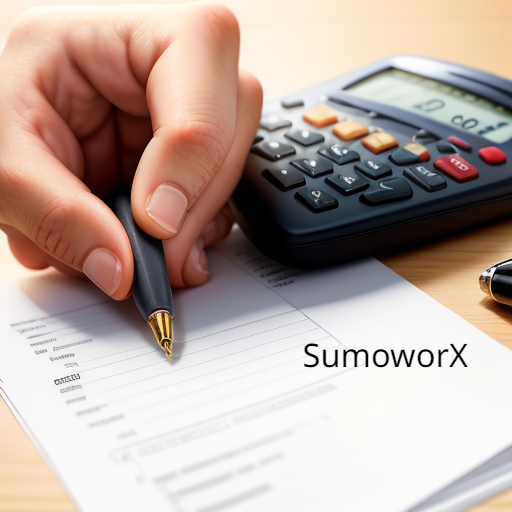When it comes to navigating the intricate web of U.S. tax regulations, understanding the various deductions available to your business is key. Let's break down what each of these deductions means in the context of U.S. tax regulations:
-
Use of Home ($5,000): Also known as the "home office deduction," this deduction allows you to claim expenses related to a portion of your home used exclusively for business purposes. Eligible expenses may include mortgage interest, insurance, utilities, and depreciation.
-
Vehicle ($5,000): If you use your vehicle for business purposes, you can deduct either the actual expenses incurred, such as gas, maintenance, and depreciation, or use the standard mileage rate.
-
Cell Phone ($3,000): If you use your phone for business purposes, a portion of the expenses can be deductible. Keep in mind that proper documentation is necessary.
-
Internet ($1,000): If your internet service is used for business purposes, you can potentially deduct a percentage of your internet bill.
-
Clothes with Logo ($1,000): Uniforms or apparel specifically branded for your business and not suitable for everyday use may be deductible.
-
Augusta Rule ($6,000): Homeowners can rent out their homes for up to 14 days a year without declaring their income under this rule.
-
Pay Your Kids ($24,000): Hiring your children in your business can be a strategic way to shift income within the family. Your children's wages (up to standard deduction limits) might not be taxable to them, and the business can deduct the expenses.
-
Business Meals ($5,000): Generally, 50% of business meal expenses can be deducted if the meal is directly associated with the active conduct of your trade or business.
-
Workcation ($5,000): While personal vacations are not deductible, if you conduct business while on a trip, some costs like airfare, hotel, and a percentage of meals can potentially be deductible. Adequate documentation is crucial.
-
Computers and Electronics ($5,000): If you use computers or electronics for your business, the expenses related to their purchase or depreciation over time can potentially be deducted.
-
Normal Furnishing ($5,000): Office furniture and equipment can be depreciated over time or expensed under Section 179, depending on specific circumstances and tax laws.
-
Health Insurance ($10,000): For self-employed individuals, health insurance premiums may be deductible. This deduction can provide significant tax benefits.
-
Items Turned into Business Use ($15,000): If personal assets such as a personal car are converted for business use, they can be depreciated based on their current market value at the time of conversion.
However, it's essential to note that the specific amounts and eligibility for these deductions can vary based on your business structure, the nature of each expense, and current tax laws. Proper documentation is key for all deductions, and consulting with a tax professional is crucial to ensuring accuracy and compliance.
By understanding the various tax deductions available, you can make informed decisions about how to minimize your tax liability and maximize your business's financial health.


